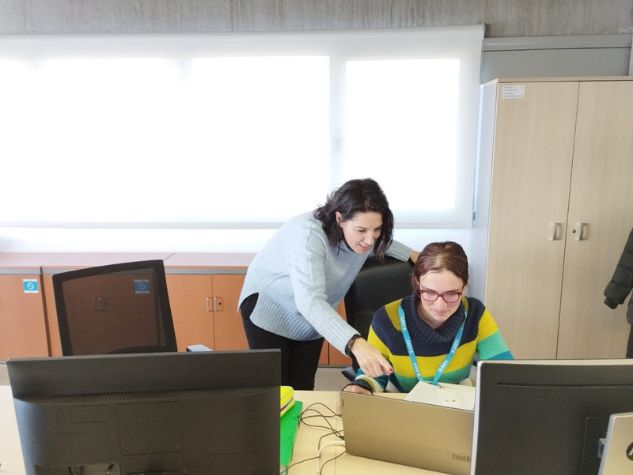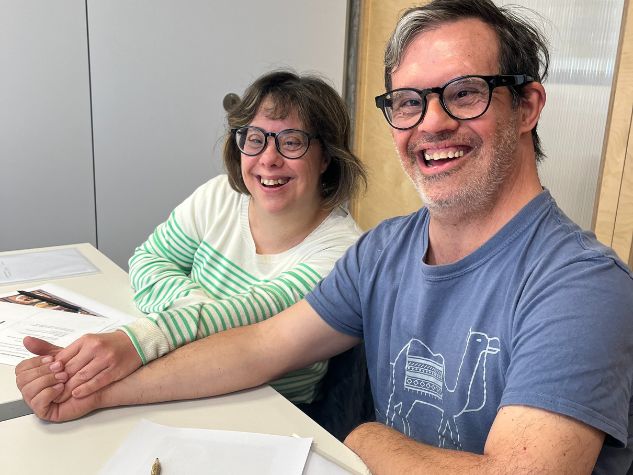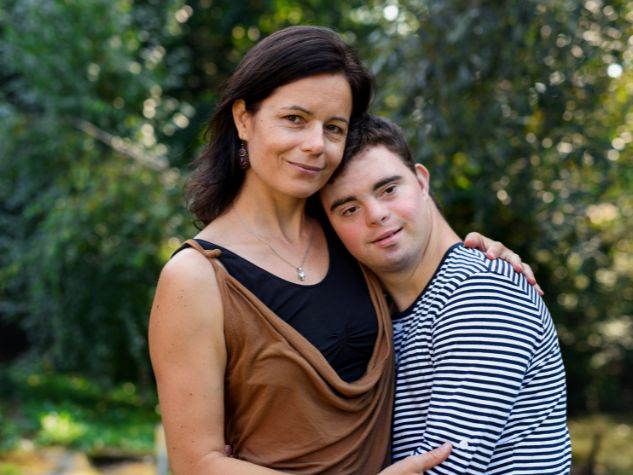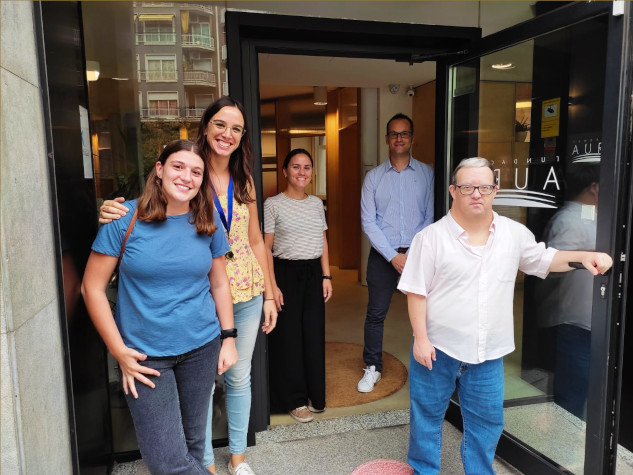CHARACTERISTICS OF SUPPORTED EMPLOYMENT
Supported Employment (SE) is aimed at individuals with intellectual disabilities who face significant challenges in entering the regular labor market. This model seeks to promote the labor inclusion of these individuals by ensuring that their working conditions and salaries are as similar as possible to those of other workers. A key component of SE is the supports offered to facilitate their integration and performance at work.
David Mack, an expert in the field, outlines seven fundamental principles to understand the importance of normalized work in the lives of people with disabilities:
- Work has meaning in our lives: Employment not only provides income but also confers a sense of purpose and belonging, enhancing self-esteem and social integration.
- People with significant disabilities can work: With appropriate support, people with significant disabilities can perform productive and valuable roles in the workplace.
- Integration and inclusion are preferable to segregation and exclusion: Inclusion in the regular work environment is essential to avoid marginalization and promote equal opportunities.
- Choice and satisfaction are valuable: It is crucial that people with disabilities have the opportunity to choose their jobs and feel satisfied with their work.
- The importance of career development: Employment should not be seen merely as an occupation but as an opportunity for long-term professional and personal development.
- Individual supports need to be created, not programs: Supports should be personalized and adapted to the specific needs of each individual rather than following a uniform approach.
- Emphasis must be placed on quality of life: The ultimate goal of employment should be to improve the person’s quality of life, both within and outside the workplace.
The European Union of Supported Employment (EUSE) establishes eight essential values that must be present in the process of accompanying and monitoring SE: individuality, respect, autonomy, informed choice, empowerment, confidentiality, flexibility, and accessibility.
In Spain, state and regional regulations define the reference groups or final beneficiaries of SE. To determine the suitability of the methodological application, it is necessary to evaluate four fundamental elements:
- The person must be able to work: Assess if the person has the physical and mental capacity to perform a job.
- The person must want to work: Confirm that the person is motivated and willing to integrate into the work environment.
- The person accepts the help: Ensure that the person is willing to receive the necessary supports.
- The person needs support: Identify specific support needs to ensure successful performance.
The SE methodology must consider a set of strategies and supports tailored to the individual’s needs but must also be sensitive to the interests and needs of the company. The company’s involvement is crucial for achieving the desired results, as their participation in the integration process is fundamental.
There are various types of supports in SE, but it is essential to prioritize natural supports. These are strategies, resources, relationships, or interactions provided by people, instruments, or equipment available in the work environment that facilitate success and improve the person’s quality of life.
SE is based on four methodological principles:
- Person-centered planning: This approach seeks to empower the individual to decide and carry out a future plan considering their interests, skills, and aspirations.
- Zero-rejection principle: Everyone who wants to work should be able to do so, provided they receive the appropriate level of support for their needs.
- Commitment to the user: Establishing a bond of trust and support that facilitates the success of the integration process.
- Informed choice: Ensuring that the person has and understands all the necessary information to make decisions about their employment and professional development.
The title of Higher Technician in Social Integration includes the complete professional qualification in the labor insertion of people with disabilities. Therefore, this title qualifies professionals to work as job coaches, playing a crucial role in the SE process.
Within SE, there is a great diversity of experiences that have been carried out and continue to be developed. These experiences vary according to the context and individual needs, but they all share the common goal of promoting inclusion and improving the quality of life of people with disabilities through employment.
The effective implementation of SE requires the collaboration of multiple actors: the person with a disability, the family, support professionals, and companies. Each of these components plays a vital role in the success of the program. Families and support professionals must work together to identify the individual’s skills and aspirations, while companies must be willing to adapt their environments and processes to accommodate these workers.
Moreover, it is essential that public policies support and finance SE programs. Investing in these programs not only benefits people with disabilities but also has a positive impact on society as a whole by promoting diversity and inclusion in the workplace.
In conclusion, Supported Employment is a powerful tool for the labor inclusion of individuals with intellectual disabilities. Through a personalized and collaborative approach, and with the support of appropriate public policies, it is possible to create meaningful opportunities and improve the quality of life of these individuals, promoting a more just and inclusive society.

















